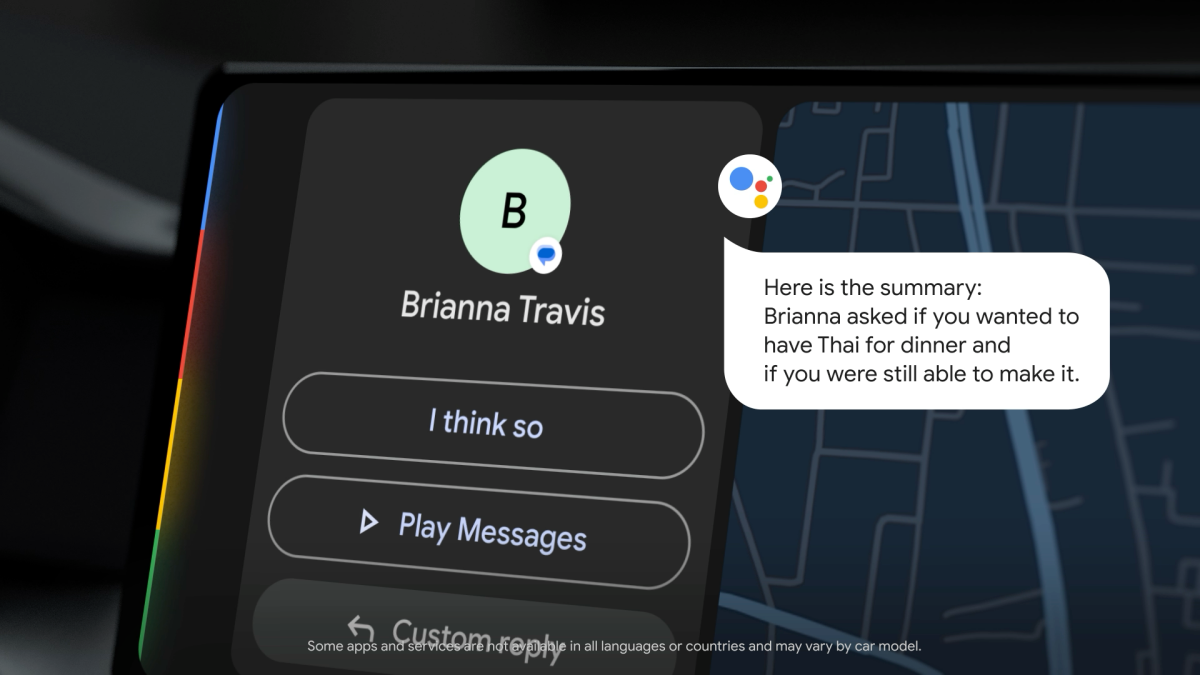Share to FacebookShare to TwitterShare to L
One of the most prevalent concerns surrounding artificial intelligence is its potential impact on employment, with many fearing that it may lead to job losses. Generative AI, capable of producing written content, artwork, and videos with minimal human intervention, has raised apprehensions among workers. A recent CNBC SurveyMonkey Workforce Survey revealed that 60% of employees who interact regularly with AI are anxious about its effects on their jobs. Additionally, a report by Goldman Sachs estimated that AI automation could displace around 300 million jobs.
However, creativity remains a distinctly human endeavor that cannot be easily replicated by generative AI. While some may view replacing humans with AI for creative tasks as a cost-saving measure, a survey conducted by Wattpad and Wakefield Research indicated that 92% of individuals prefer human involvement in writing and producing books. This sentiment underscores the value that people place on human creativity in endeavors such as book writing. Despite concerns about AI limiting opportunities for authors, the intricate process of crafting compelling narratives necessitates substantial human creativity and input. The general aversion towards AI-generated content in storytelling extends to other domains like marketing campaigns, where audiences prefer authentic human-driven narratives.
In a recent conversation, Deloitte Chief Futurist Mike Bechtel emphasized that AI serves as a tool to augment human innovation rather than a threat to jobs. He highlighted that AI, when used judiciously, can elevate human creativity and drive positive transformations in various industries.
The landscape of sports broadcasting witnessed a significant shift during the NFL Wild Card games, particularly the match between the Miami Dolphins and the Kansas City Chiefs. The game marked a milestone as it was exclusively available for streaming on NBC’s Peacock platform, requiring viewers to be subscribed to access the broadcast. With an average viewership of 23 million, the game set a record as the most-watched live streamed event in U.S. history, garnering substantial internet traffic and user engagement on the Peacock platform. This transition to digital streaming platforms for sports events reflects a broader trend reshaping viewership patterns and distribution channels in the sports industry.
The realm of artificial intelligence continues to showcase remarkable advancements, including the ability to recreate iconic figures like the late comedian George Carlin through AI-generated content. Dudesy, a platform featuring comedy content, recently unveiled an hour-long special titled “George Carlin: I’m Glad I’m Dead,” where an AI-generated version of Carlin delivers his trademark social commentary in a contemporary setting. While such AI-generated content raises questions about the ethical use of technology, it also underscores the ongoing debate surrounding the intersection of AI and creative expression.
Moreover, as AI technologies evolve, concerns regarding the ethical implications of AI-generated content have come to the forefront. Last year, the SAG-AFTRA union negotiations highlighted the importance of safeguarding actors’ rights in the realm of AI-generated media. The recent agreement between the union and Replica Studios allowing for the use of digital replicas of members’ voices in video games sparked discussions within the voice acting community about consent and fair compensation for such digital representations.
As the 2024 presidential election season gains momentum, the role of AI in shaping campaign strategies and messaging strategies has become increasingly prominent. AI tools offer capabilities for personalized voter targeting, social media sentiment analysis, and fundraising outreach, enabling candidates to tailor their messages effectively. While platforms are implementing measures to regulate election-related content and combat misinformation, the use of AI in political campaigns underscores the evolving landscape of digital communication and engagement strategies.
In the realm of women’s basketball, the growing popularity of the sport has prompted shoe manufacturers to capitalize on the market potential of signature shoes endorsed by top WNBA players. With players like Breanna Stewart, Sabrina Ionescu, and Elena Delle Donne securing signature shoe deals with leading brands, the basketball shoe market is witnessing a shift towards catering to women’s unique needs and preferences. This trend signifies a significant opportunity for brands to engage with the expanding audience of women’s basketball enthusiasts and athletes.
In conclusion, the evolving landscape of AI applications across various industries underscores the need for ethical considerations and regulatory frameworks to govern the responsible use of AI technologies. From concerns about job displacement to the ethical implications of AI-generated content, the intersection of AI and human creativity continues to shape discussions around innovation, ethics, and the future of work.






